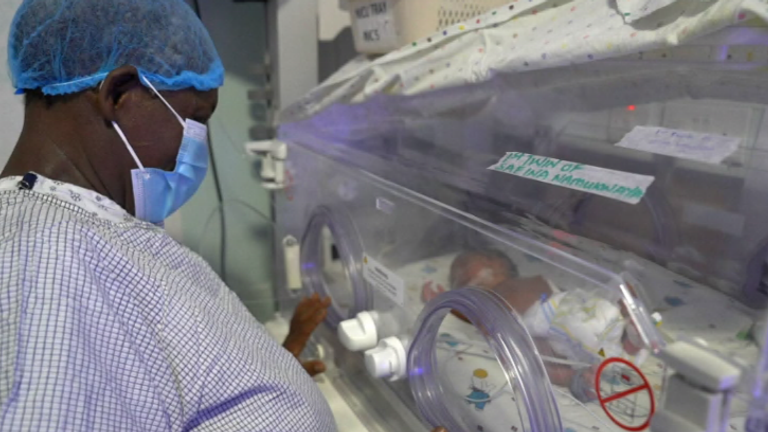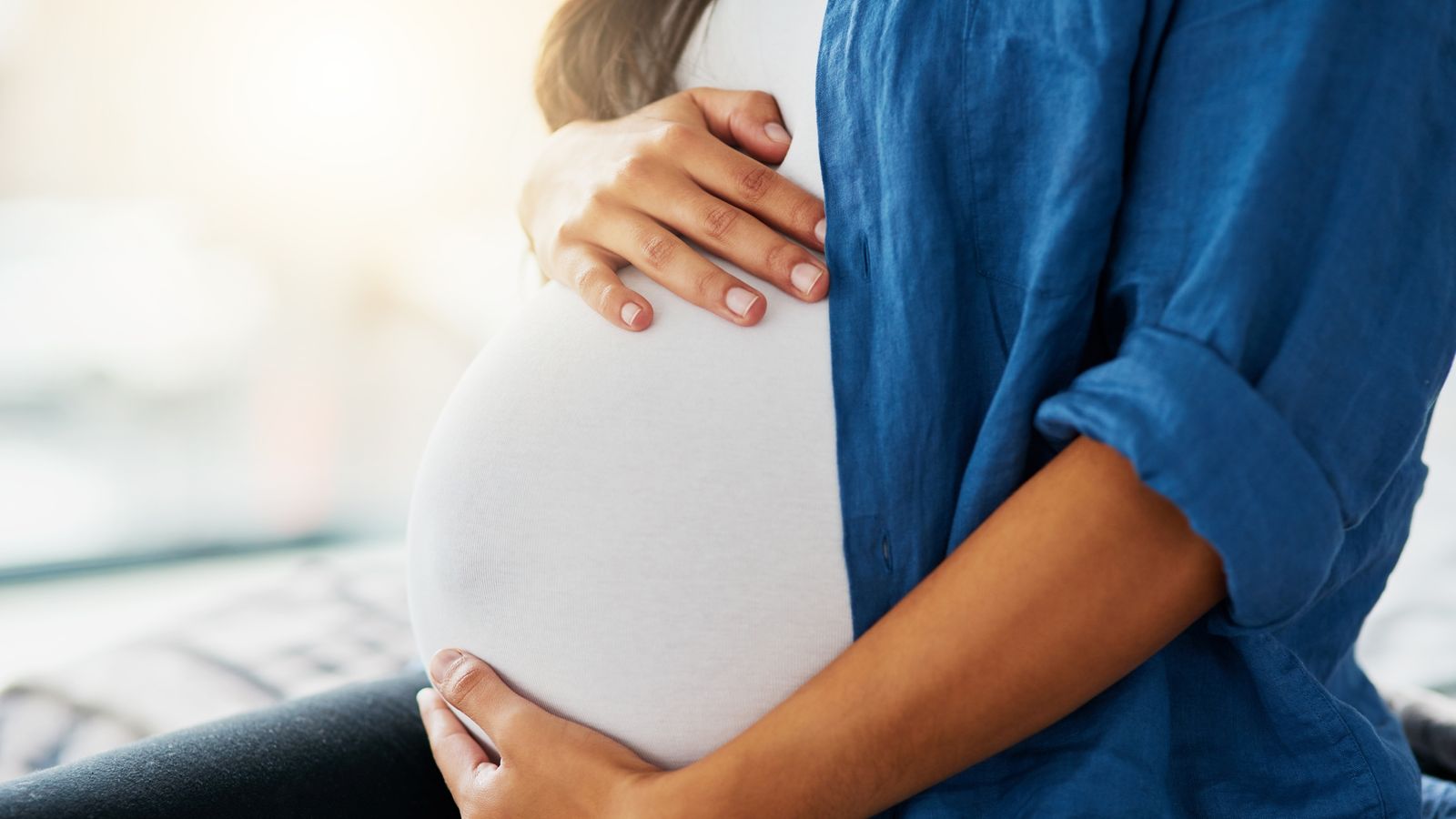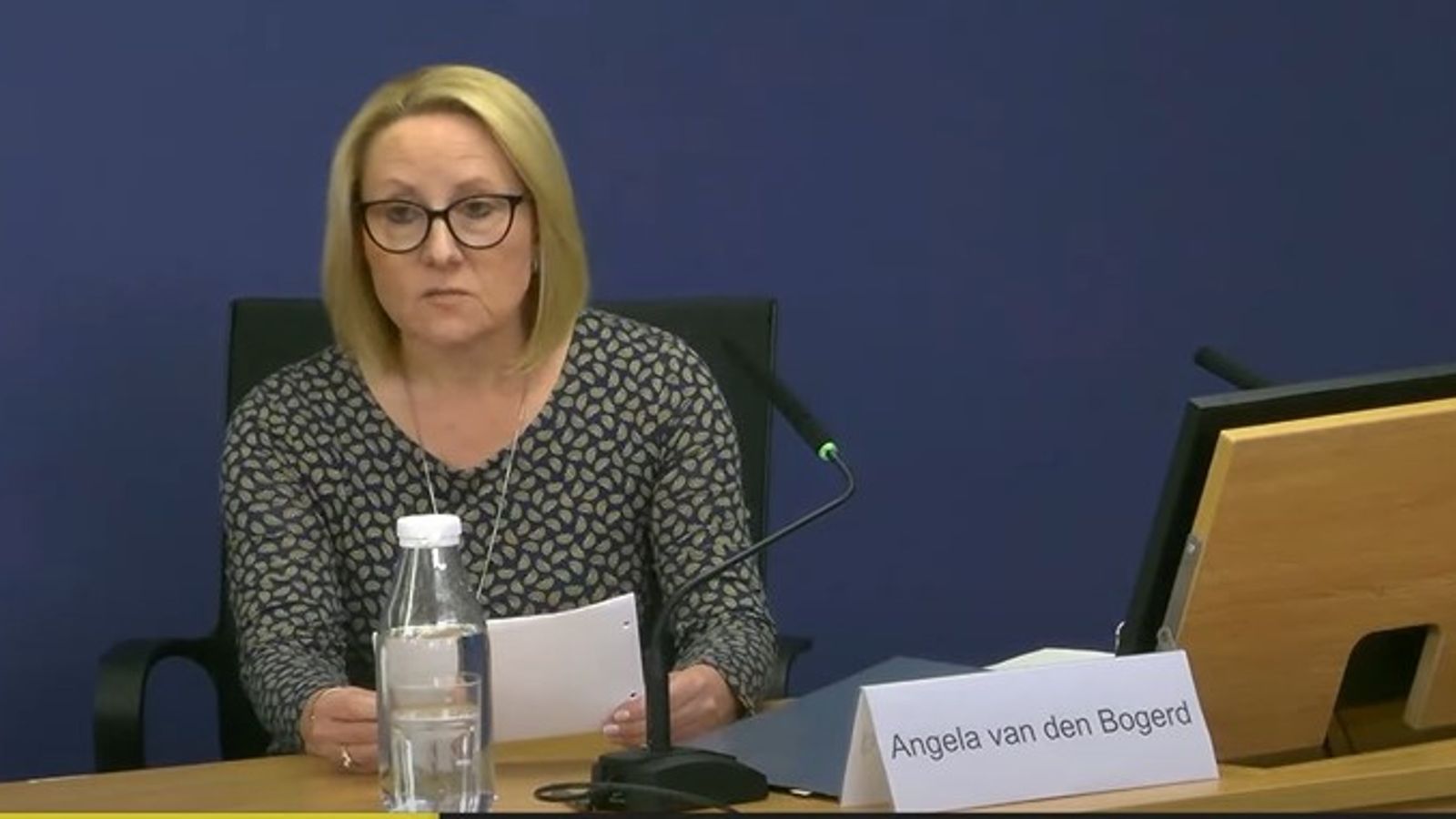
The number of mothers dying either during pregnancy or soon after has increased to its highest level for 20 years, with black women and those from deprived areas most severely affected, a major UK study has found.
There were 13.41 deaths per 100,000 women in the UK either during pregnancy or within six weeks after pregnancy had ended between January 2020 and December 2022.
Even with COVID deaths excluded, at 11.54 per 100,000 it is stiller higher than the 8.79 deaths per 100,000 pregnancies recorded from 2017 to 2019.
The data is from MBRRACE-UK, which monitors the causes of maternal deaths, stillbirths and infant deaths as part of the national Maternal, Newborn and Infant clinical Outcome Review Programme (MNI-CORP).
Women from black ethnic backgrounds are three times more likely to die compared to white women, according to the research, which was led by the Oxford Population Health’s National Perinatal Epidemiology Unit (OPHNPEU).
Nonetheless, the study found the maternal death rate among black women has fallen slightly since the last survey.
Women from Asian ethnic backgrounds are twice as likely to die as white women.
As well as racial variations, the study found socio-economic inequality, as a woman living in one of the most deprived areas of the UK is more than twice as likely to die as someone from the least deprived areas.
Thrombosis and thromboembolism, or blood clots in the veins, was the leading cause of death, followed by COVID-19, heart disease and illnesses related to mental health.
The mortality rate has risen to levels not seen since 2003-05, the authors said.
Read more:
More mothers partially breastfeeding, study finds
Post Office scandal victims to be exonerated and compensated
X-Men star, Adan Canto, dies, aged 42
Professor Marian Knight, director of the National Perinatal Epidemiology Unit and MBRRACE-UK maternal reporting lead, pointed to “clear examples of maternity systems under pressure.
She said: “Ensuring pre-pregnancy health, including tackling conditions such as being overweight or obese, as well as critical actions to work towards more inclusive and personalised care, need to be prioritised as a matter of urgency.”
Dr Nicola Vousden, co-chair of the Faculty of Public Health Women’s Health Specialist Interest Group, said it was vital to address “the underlying structures that impact health before, during and after pregnancy, such as housing, education and access to healthy environments”.
Clea Harmer, chief executive of bereavement charity Sands, called the figures “very worrying”.
She said: “We know that news like this can be distressing for anyone who has been affected by pregnancy or baby loss, particularly those who are pregnant again, and especially so if they are in a higher risk group.”
The Department of Health and Social Care has been approached for comment.










